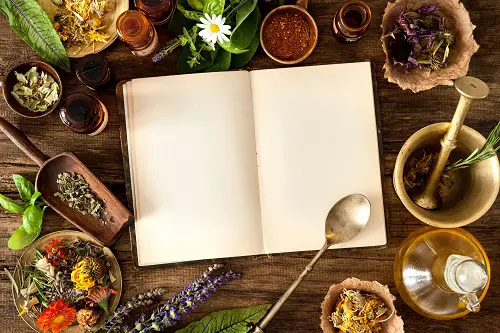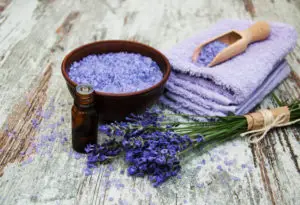Some say it is a modern daydream catcher, but honestly, it is just a traditional method that involves the use of all-natural ingredients. What are we talking about?
It’s aromatherapy.
The Definition of Aromatherapy
By definition, aromatherapy is the traditional and therapeutic method of using highly concentrated substances, extracted from plants, known as essential oils, in skincare, massage, and baths to improve physical, emotional, and spiritual health.
A Brief History
The history of aromatherapy began thousands of years ago. According to studies, the early Egyptians were fond of using aromatic substances like myrrh and frankincense for spiritual ceremonies.
Within the years 980 – 1037 AD, it was said that a highly intelligent philosopher and physician named Avicenna, wrote about 40 books on medicine. He found out how to extract essential oils through distillation. He also discovered how to get flower waters through the same method. During his time, he made popular rose water as a perfume.
From the Middle Ages up to the Renaissance period, herbs and other aromatic plants became popular as well. They were used to ward off contagious diseases.
In the succeeding years, pharmacists took note of the medicinal properties of some essential oils. That includes rose, lavender, frankincense, cinnamon, and rosemary. Now, essential oils are a big thing, not only in perfumery, but also in medicine.
Essential Oils We Know Today
It is known that there are many different essential oils available. And so, to help you familiarize them and their uses, we’ve listed some of the most popular essential oils today.
1. Carrot Seed Essential Oil
Known for its disinfectant, detoxifying, and antiseptic properties, carrot seed essential oil can effectively reverse the negative effects of oxidation and get rid of the harmful toxins from the body.
2. Eucalyptus Essential Oil
Eucalyptus essential oil has lots of positive health benefits. Not only does it help treat respiratory issues, it also works wonders for those suffering from diabetes and intestinal problems.
 3. Lavender Essential Oil
3. Lavender Essential Oil
Used because of its calming and sleep inducing effect, lavender essential oil is beneficial for those in need for treatment with immune health and nervous system disorders.
4. Peppermint Essential Oil
Peppermint essential oil is often used for pain relief. Then again, it can also help better the brain and memory health. Moreover, it eases congestion, too.
5. Rosemary Essential Oil
Rosemary essential oil is recommended for those looking to improve the hair and skin. It is also great for those suffering from mental disorders and respiratory issues.
6. Tea Tree Essential Oil
A popular antibacterial, antiseptic, and antimicrobial agent, tea tree essential oil promotes the absorption of vitamins and other nutrients. It even speeds up the healing process of scars.
7. Ylang Ylang Essential Oil
Ylang ylang essential oil is an antidepressant substance that is used to combat depression and uplift a person’s mood. Plus, it soothes swelling and prevents nervous disorders from becoming worse.
 Essential Oil Applications
Essential Oil Applications
Despite being sold in tiny bottles, these essential oils last a number of uses. If you are wondering why, the answer is simple. They are often used per drop. Another popular option is to add a few drops to a carrier oil, which is often considered a safer way to use them. Check out these amazing applications of essential oils:
- Body Sprays – Fill a spray bottle with 5 to 10 drops of your preferred essential oil and mix at least 4 ounces of water and shake.
- Shampoo – For an added support for your scalp, add a few drops of basil or lavender essential oil to your favorite shampoo. But if you want to improve your hair’s volume, then rosemary essential oil is what you need.
- Bath Oil – To make bath time more relaxing, add 6 drops of your preferred essential oil, but make sure you don’t use the culinary oils like peppermint and cinnamon because they may lead to skin irritations.
From where it all started to the applications of essential oils, the world of aromatherapy is just so interesting. Hopefully, you learned something here.

